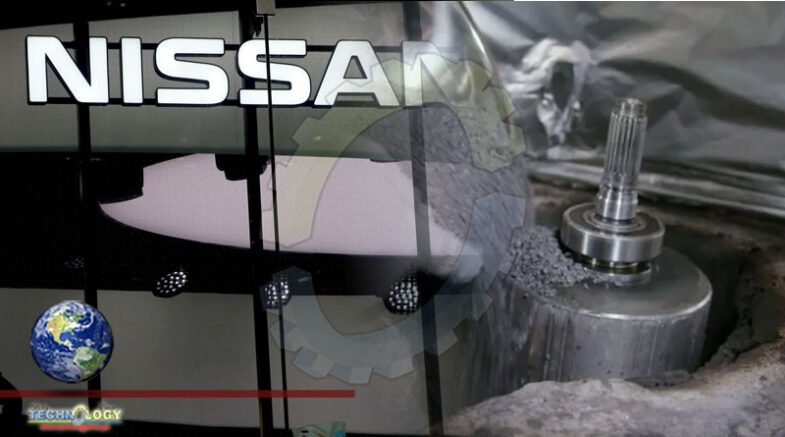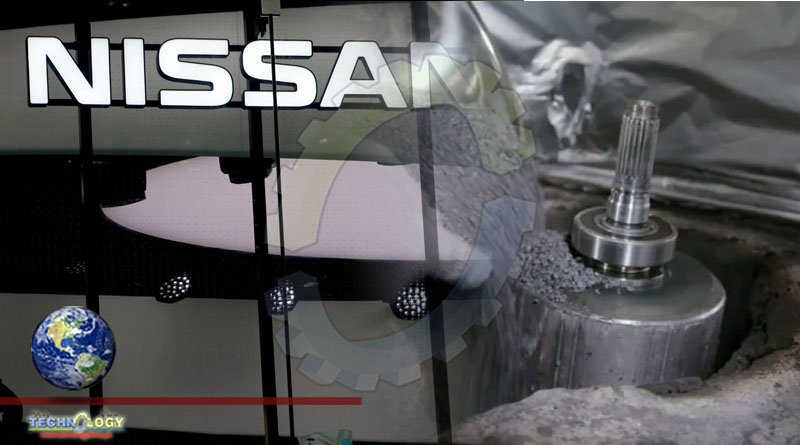Japan’s Nissan Motor and Waseda University have developed a way to efficiently recycle rare earths from auto waste. The minerals are an important part of the production of electric and hybrid vehicles.

Japan’s Nissan Motor and Waseda University have developed a way to efficiently recycle rare earths from auto waste. The minerals are an important part of the production of electric and hybrid vehicles.
Working since 2017 with Tokyo’s Waseda University, Nissan says it has developed and recently started testing a new recycling process that represents a more efficient and cost-effective way of recovering rare-earth metals from electric motors.
The process itself involves heating a used motor to 1,400 degrees Celsius (approximately 2,552 degrees Fahrenheit) so that it melts down. The company then adds an iron oxide to the mixture to oxidize the rare-earth metals, followed by a borate-based flux. The latter substance causes the molten mixture to separate into two liquid layers, with the rare-earth metals floating to the top of the mixture where they can be easily removed.
In testing, Nissan claims it’s been able to recover 98 percent of a motor’s rare-earth elements using the new recycling process. The entire procedure also takes about half as much time as manually disassembling a motor, which is what Nissan currently does to recycle rare-earth metals. The company hopes to implement the process by the mid-2020s.
Nissan says the method involves melting a whole motor at a temperature of at least 1,400 degrees Celsius. No manual disassembly is necessary.
The automaker says it has succeeded in recovering 98 percent of the rare earths from waste motors. This has brought reductions in recycling cost and time.
Nissan says it is the first such technology in the world, and it aims for practical application by the mid-2020s.
Rare earths are key for making magnets for motors. China’s dominance of the market for the materials and rising prices have been a challenge for carmakers.
Nissan also plans to develop a new motor that doesn’t contain rare earths.
Toyota and Honda are pursuing technologies that enable them to use less of the materials.
Source NHK Japan
